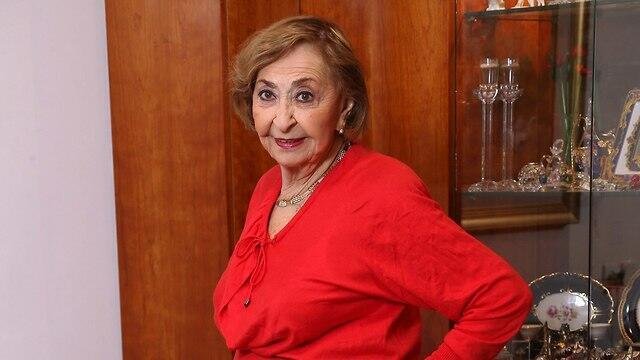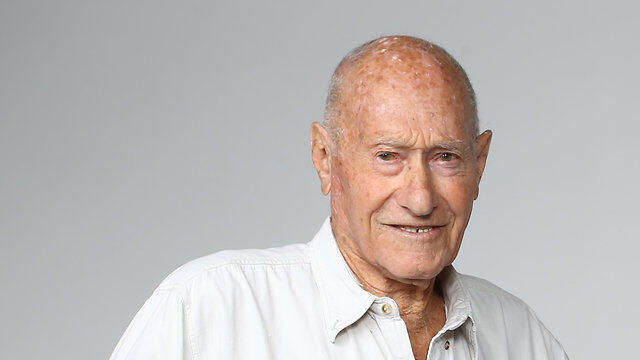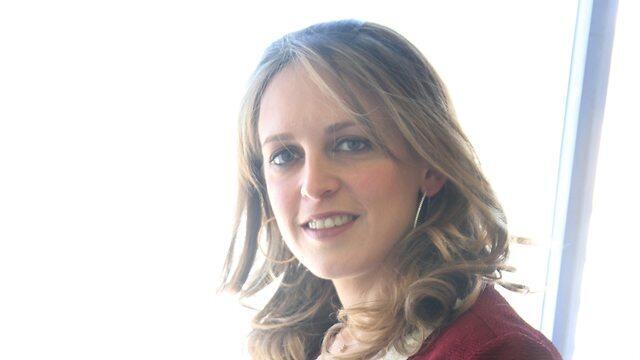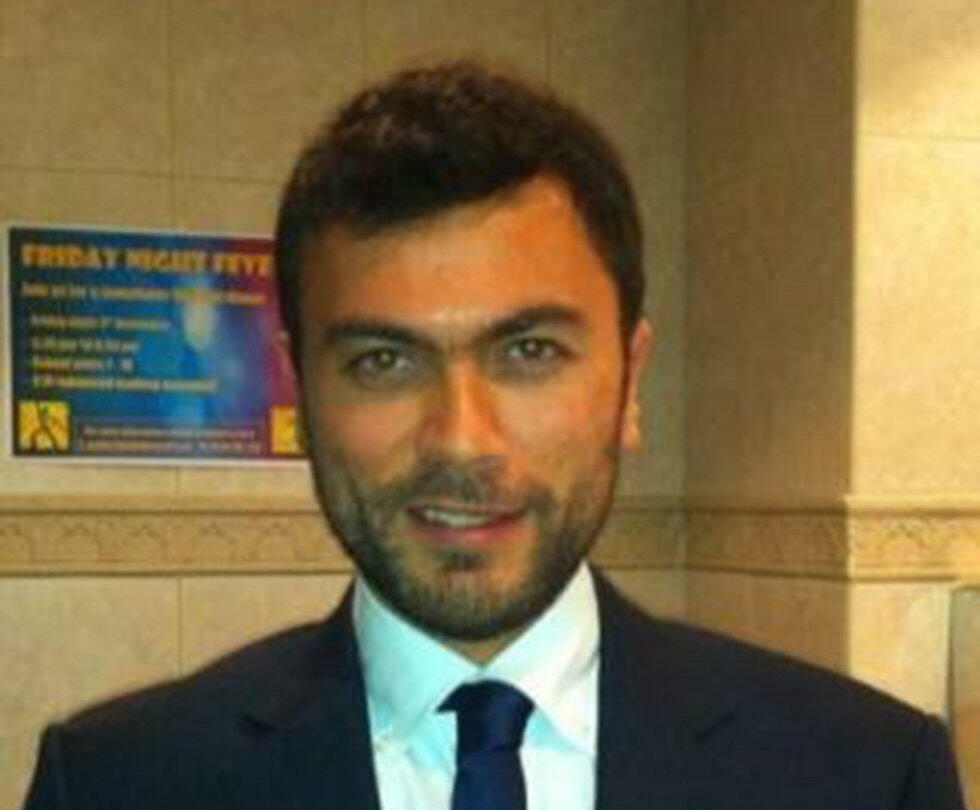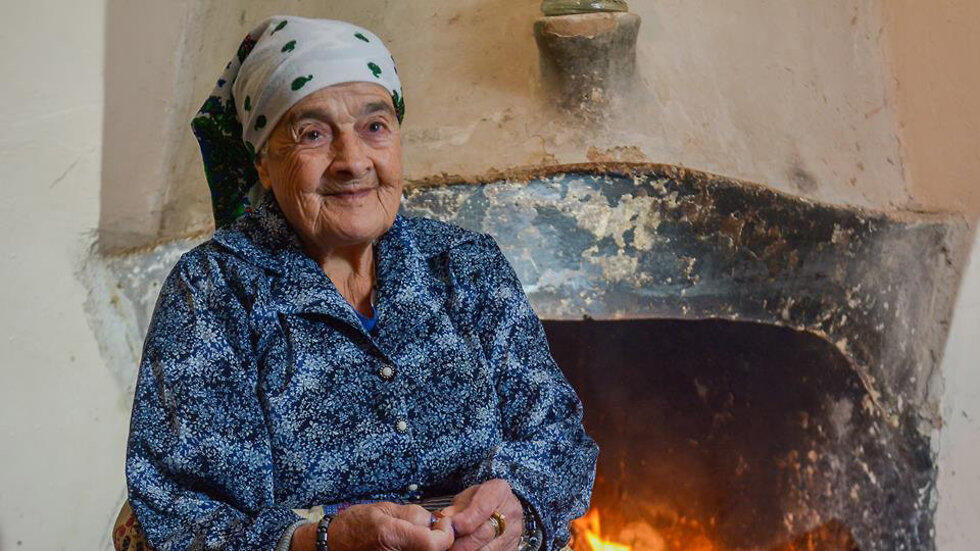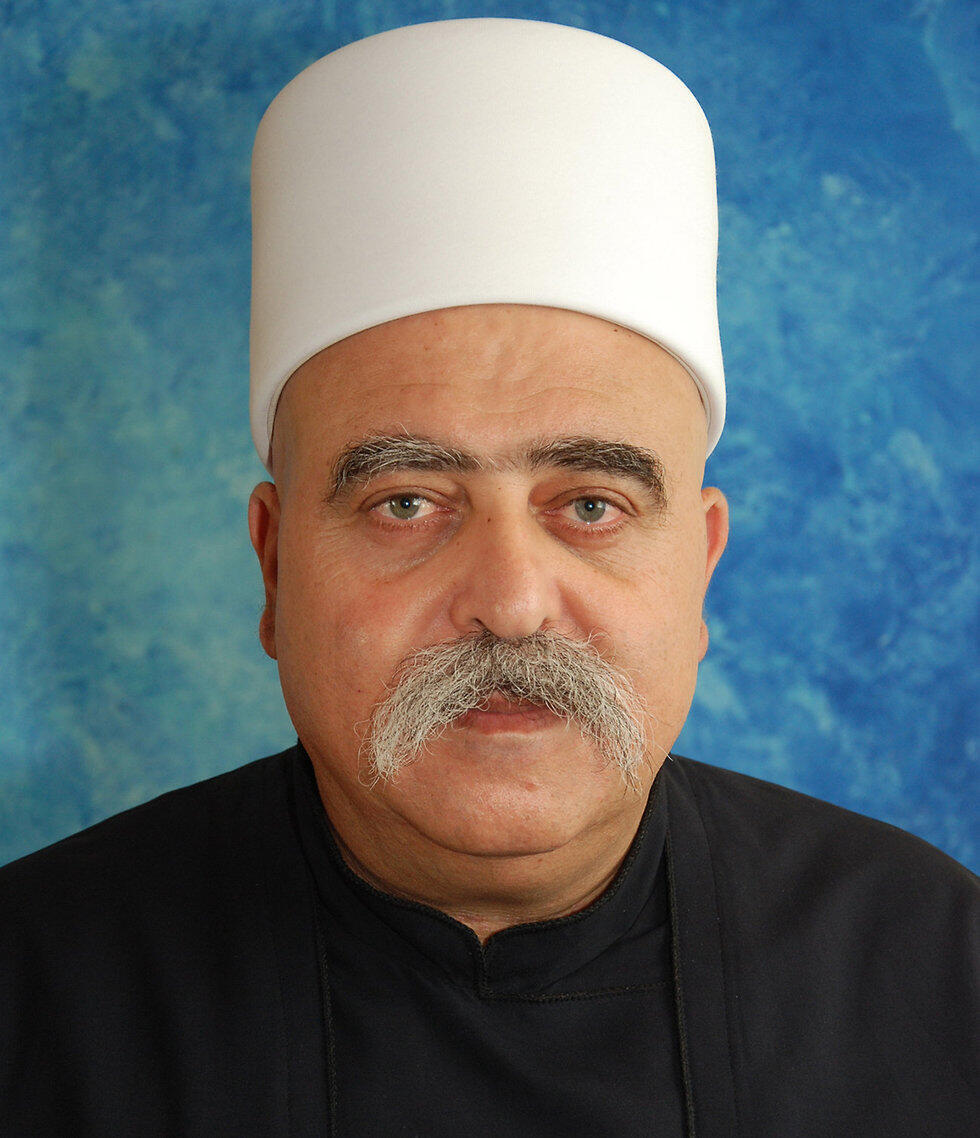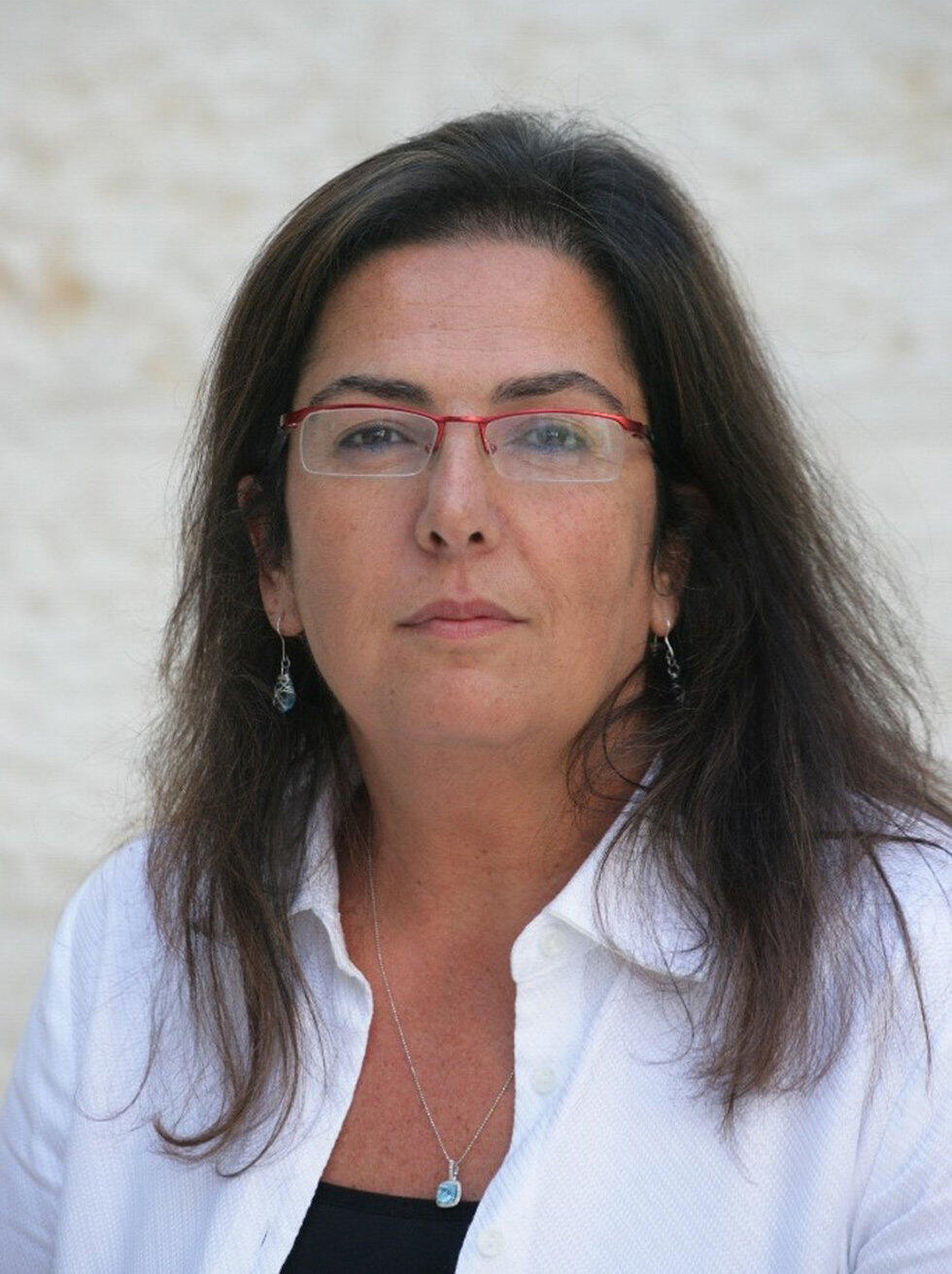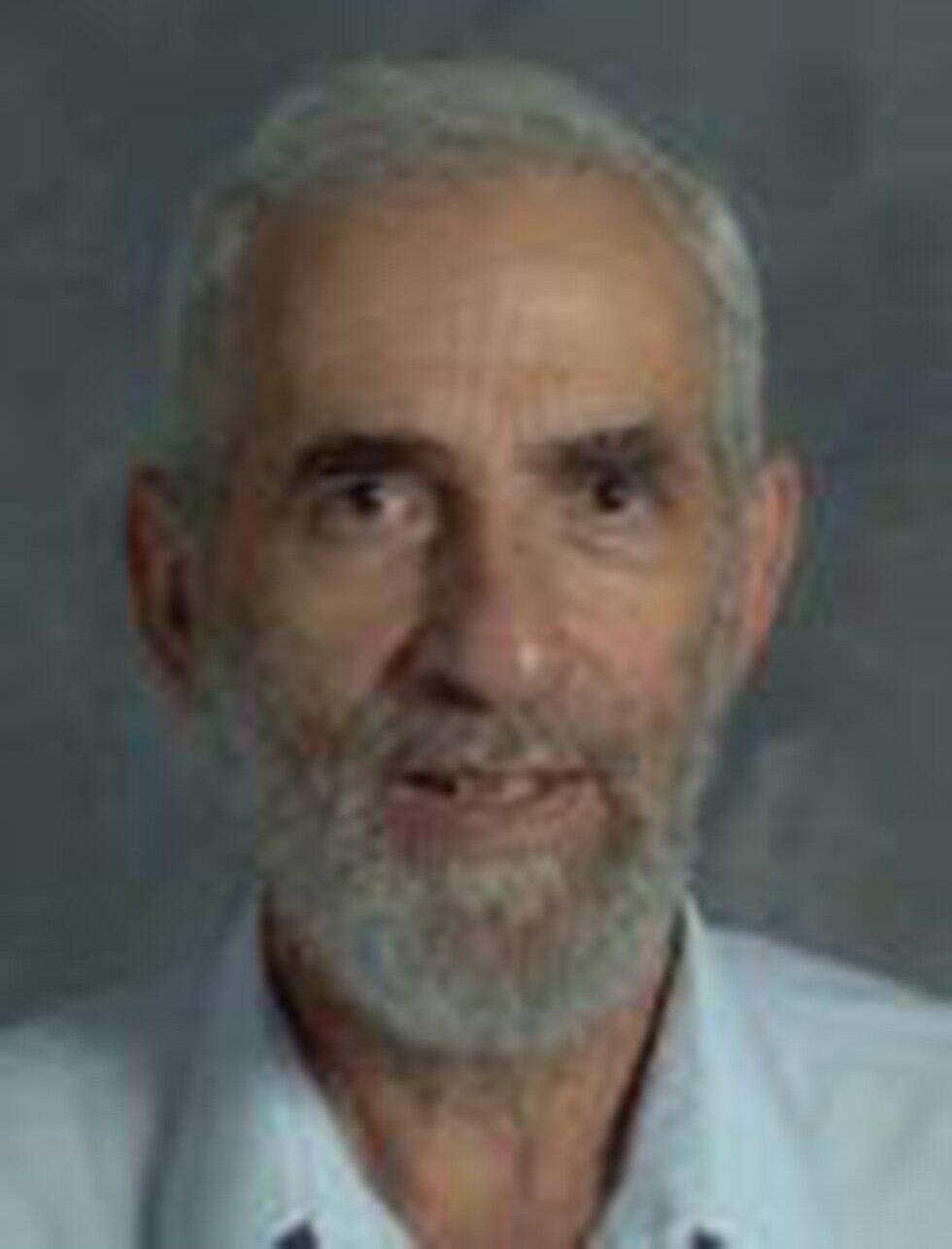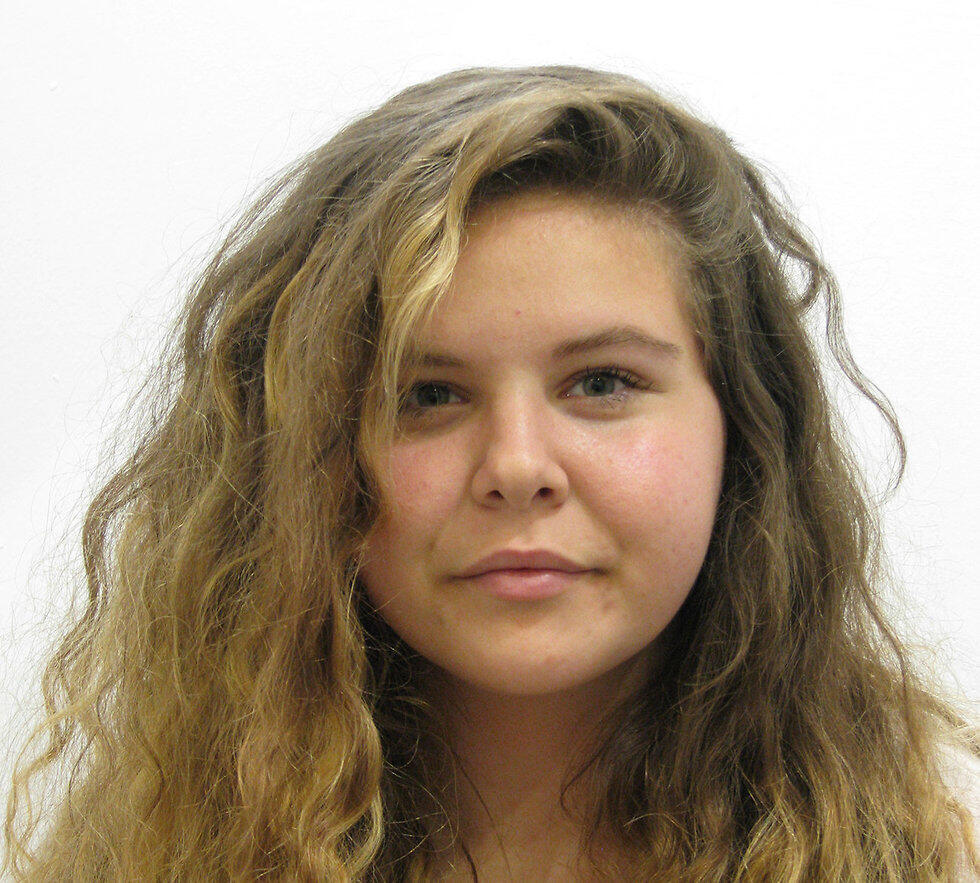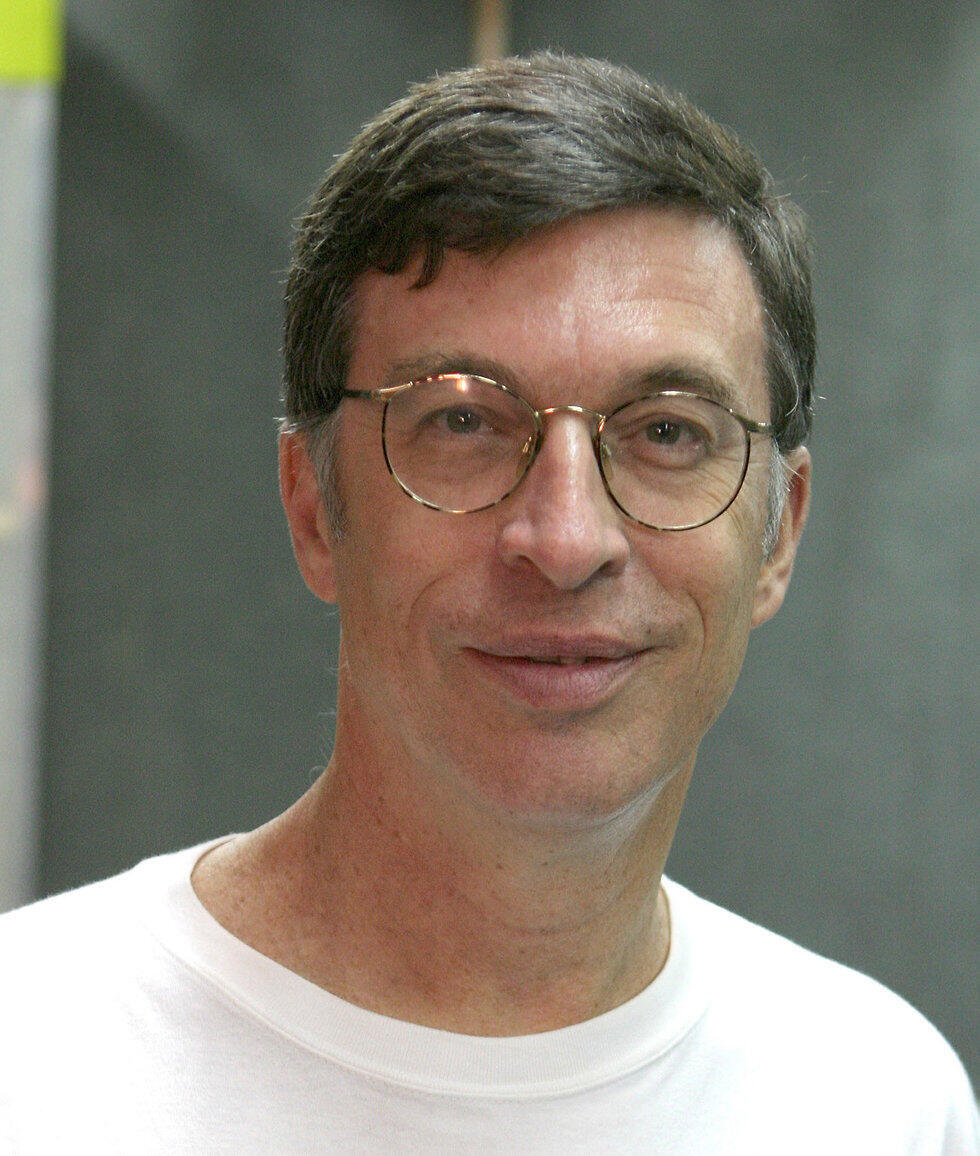Getting your Trinity Audio player ready...
The Ministry of Culture released a list of the 14 people who will be honored to light a torch at Israel's 70th Independence Day celebration to be held next week.
Alongside musician Shlomo Artzi, actors Ze'ev Revach and Leah Koenig and Honduran President Juan Orlando Hernandes, whose participation was already announced, other honorees ranged from distinguished military servicemen to spiritual leaders advocating tolerance and unity, and exemplify the values and spirit of Israel.
Gen. (Res.) Yeshayahu (haika) Gavish : Served as a senior Palmach and IDF officer; during the Independence War he fought in the Galilee and the Jezreel Valley; was one of the planners of the Sinai Campaign and was Commander of the Southern Front, famous for his succesful expeditions during the Six Day War. He is the founder of the Palmach Museum and heads the Dor HaPalmach non-profit organization, dedicated to instilling future generations with the legacy and values of the Palmach: dedication, bravery and friendship.
Racheli Ganot: Born in 1977 in Bnei Brak, Ganot is a Haredi hi-tech worker striving to include more Haredi women in the field. She serves as an example for the employment revolution taking place in the Haredi sector; she is the owner and CEO of the Rachip software company, she trains women to work in the field and creates a suitable environment for them. Ganot Haredi represents women's empowerment alongside the integration of Haredi Jews into Israeli society.
Noam Gershuni: Captain Gershuni was a combat helicopter pilot who was wounded in the Second Lebanon War. During his rehabilitation, Gershuni began practicing tennis and won a gold medal in the 2012 Summer Paralympics in London. Gershuni was quoted as saying that "it is worth being injured for (the sake of) this country," a rehash of the famous last words of Zionist activist and war hero Zionist activist and war hero Joseph Trumpeldor. Today, Gershuni lectures in Israel and abroad, volunteers at the Makom Acher shelter for endangered youth in Tel Aviv and teaches mathematics to children. Gershuni symbolizes the legacy of the disabled and wounded of the IDF who proudly and courageously bear the cost of the state's security and inspire others with their struggle for rehabilitation and return to normal life.
Margalit Zinati: Margalit belongs to an ancient Jewish family that has been maintaining the Jewish presence in the Galilee continuously since the days of the Second Temple. Throughout her life, she worked to preserve the ancient synagogue in Peki'in and to convey the history of Peki'in and her family's experience for future generations, expressing the love of the land and a people's connection to it. The Zinati home became a pilgrimage site for travelers and researchers and Margalit became a symbol of the Jews eternal connection to Peki'in and the embers of heritage, which were not extinguished even after two thousand years of exile.
Sheikh Mowafaq Tarif: Tarif is the spiritual leader of the Druze community in Israel, who was appointed to his post after the death of his grandfather, Sheikh Amin Tarif. He continues the path of his grandfather, who himself was awarded the Israel Prize for his special contribution to society and the State of Israel, being one of the few non-Jews to receive the honor. Sheikh Tarif leads the community during a challenging period, while constantly trying to preserve its unique heritage alongside its adaptation to changing times. He is a central factor in the interfaith dialogue in Israel and works tirelessly to build a bridge of tolerance and understanding among members of different religions and cultures.
Prof. Marcelle Machluf: Prof. Machluf is the Dean of the Faculty of Biotechnology and Food Engineering at the Technion, heading the Laboratory for Controlled Release Systems against Cancer and Cell Therapy. In the course of her innovative research, she has achieved many breakthroughs that enable more accurate and focused treatment of cancer without damaging the body's healthy cells, using innovative biological technologies. In her personal story as an immigrant who arrived to Israel as a toddler and in her unique and life-saving research, she is a model for many students and researchers and represents the contribution of aliya to the State of Israel.
Prof. Aviezri Fraenkel: In 1929 he immigrated to Israel, fought in the War of Independence and contributed to the security of the state for decades. Frenkel is one of Israel's first computer science researchers, and was part of the pioneering team that built WEIZAC, the first Israeli computer, developed at the Weizmann Institute. He is the initiator of the idea behind Bar Ilan University's "The Responsa Project," one of the world's largest electronic collection of Jewish texts in Hebrew, awarded the Israel Prize in Jewish Literature. In 2014, his grandson, Yaacov Naftali Fraenkel ,iss one of the three youths who were kidnapped and murdered by Hamas members in 2014—an incident which sparked Operation Protective Edge.
Mai Korman: Born in 2003 in Kiryat Haim, Korman is a high school student with hearing impairment who has developed a unique notification system that would alert parents or other caregivers if they had forgetfully left a child in the car. The patent can identify that a child has been forgotten in the vehicle, prevent it from being locked, open the car windows, activate an alarm and even call rescue services. Korman exemplifies Israel's promising young generation of inventors and innovators who work to improve the lives of us all.
Dr. Avshalom Kor :Kor is a linguist and a radio personality, a descendant of a family of Holocaust survivors, who works tirelessly to inspire love for the Hebrew language among the public. He authored several books and hosted many radio and television programs, quizzes and shows dedicated to the Hebrew language and its history. He has become a symbol of love, appreciation and gratitude for the Hebrew language and its connection to its ancient biblical origins.
The torch lighting ceremony will take place on Thursday, April 19, on Mount Herzl, Jerusalem.


